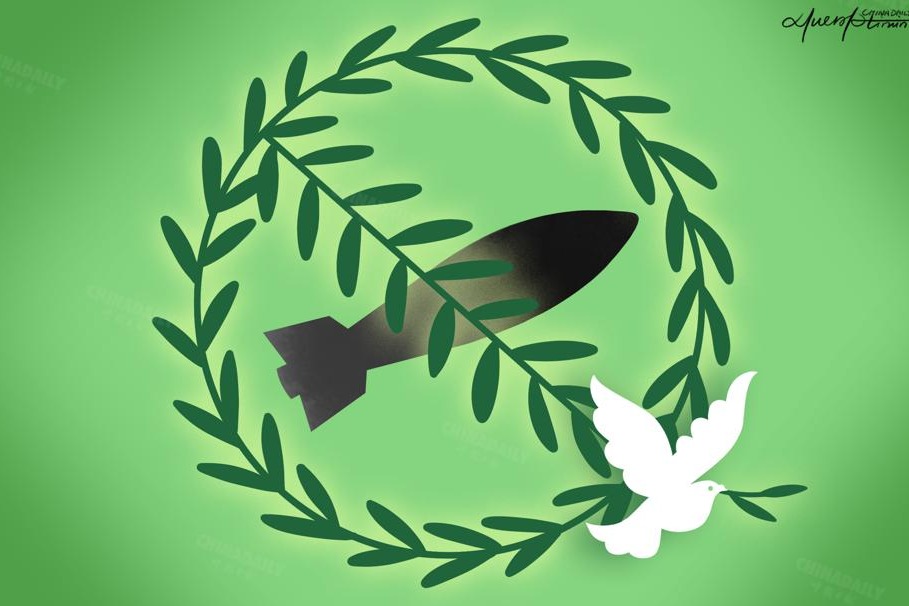Inflation not a concern in the short term


A series of recent developments, including soaring international crude oil prices in the first half of this year, the spread of swine fever in northern China, floods in Shouguang, Shandong province, and the rapid rise of house rents in the first-tier cities, have sparked market concern over stagflation.
Stagflation refers to a combination of stagnation and inflation. The inflation rate is high, the economic growth rate has slowed and unemployment remains relatively high. Which have put economic policymakers in a dilemma, as the measures to lower inflation may exacerbate unemployment, and vice versa.
But China should not worry too much about stagflation in the short term, at least till the first half of 2019. The consumer price index (CPI) may have risen from 2.0 percent to about 2.5 percent, but it is unlikely to increase to 3.0 percent.
First, I have reached this conclusion because the developments that are causing the inflation rate to rise are all related to the supply side, not the demand side. This lack of support from the demand side makes the sustained increase of inflation questionable.
Second, it is not certain that the prices of crude, vegetables and pork will continue to increase in the future. The price of international crude depends on whether the geopolitical conflicts in Middle East will intensify. And the negative impact of the floods in Shouguang may not be long term, because the growth cycle of vegetable production is generally confined to a quarter.
As for the swine fever in some regions, it will have an impact only on the existing livestock. Moreover, if the swine fever spreads to newer areas, farmers are more likely to sell the pigs in advance, which may increase live pig supply in the short term.
Third, although the rapid increase in house rents in the first-tier cities is real and may last long, it will have little impact on the rental part of the CPI. House rents account for only a limited proportion of the CPI basket, about 15 percent. And a majority of housing rental calculated in the CPI is the so-called virtual rental, which refers to the cost of owner-occupied housing calculated according to a fixed coefficient, which is almost invariable. In addition, housing rental in the first-tier cities accounts for quite a small proportion of the country's total. Therefore, it is likely the housing rental in the CPI will remain stable even if house rents in the first-tier cities continue to rise.
And fourth, the existing monetary factor will continuously curb the rise of the CPI. Historically, the year-on-year growth rate of M1 (amount of money in circulation, including notes, coins, current accounts and deposit accounts transferable by check) has a significant positive correlation with the CPI's growth rate in China, with the former being one year ahead of the latter. Since the beginning of this year M1's year-on-year growth rate has continuously declined, and since February it has been lower than that of M2 (a measure of supply of money).
This shows overall demand will continuously slow down, and China's economy could face stagflation pressure accordingly.
Even if there is no reason to worry about inflation in the short term, in the long run it could become a cause for concern. In the past one and a half years, the rise in the CPI for food has been pulling down the overall increase in the inflation rate, which means we should be worried about a rebound of food prices in the medium term.
Moreover, the negative growth rate of pork prices has reached its historical average level, and the climate in the northern hemisphere this summer has been generally abnormal. Also, the Sino-US tariff war may affect the import prices of farm products, especially soybean. It is therefore likely that food prices will drive up the CPI in the future.
However, we should not worry too much about inflation or a remarkable rise in the CPI in the short term.
The author is chief economist at Pingan Securities and a researcher at the Institute of World Economics and Politics, Chinese Academy of Social Sciences.


































